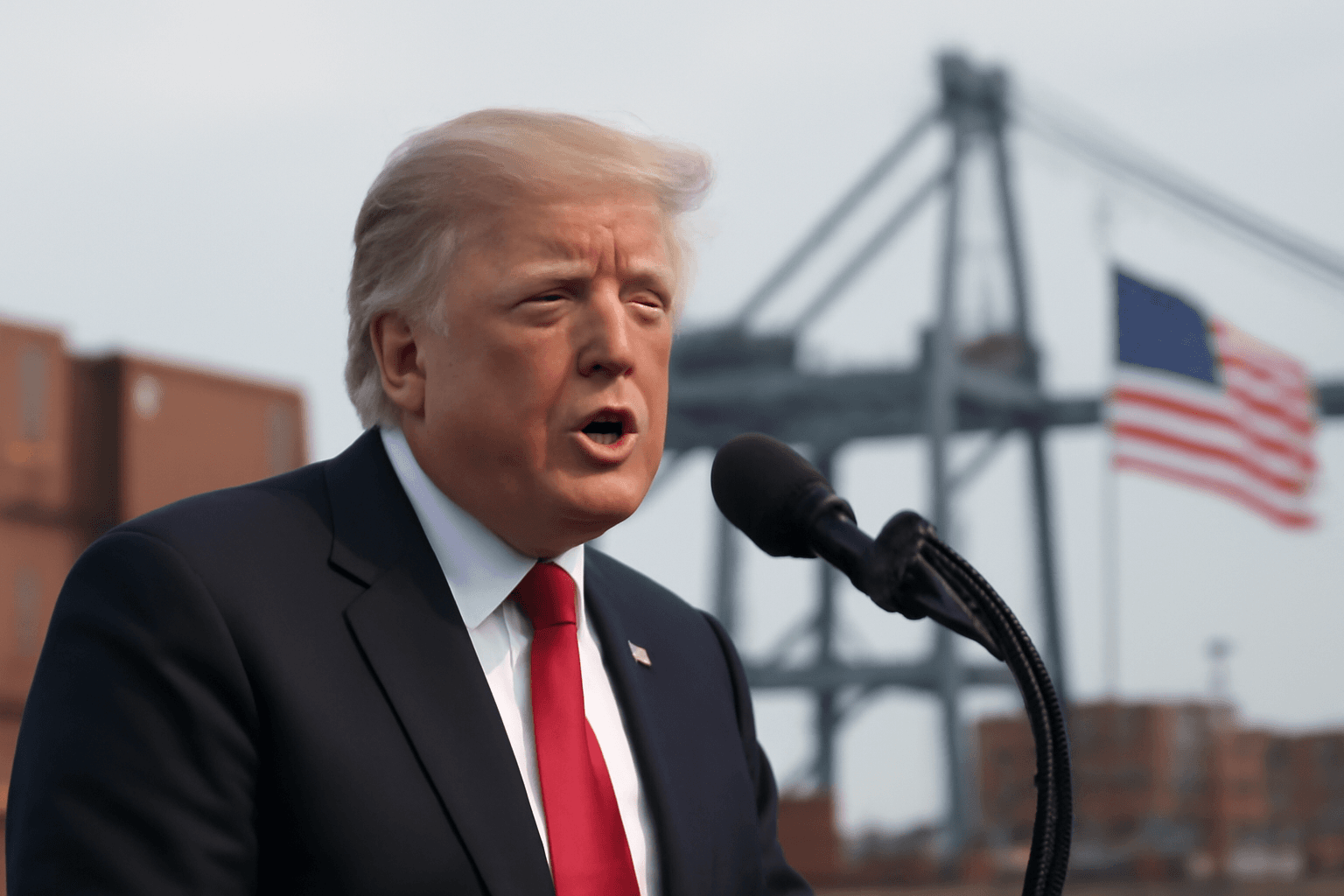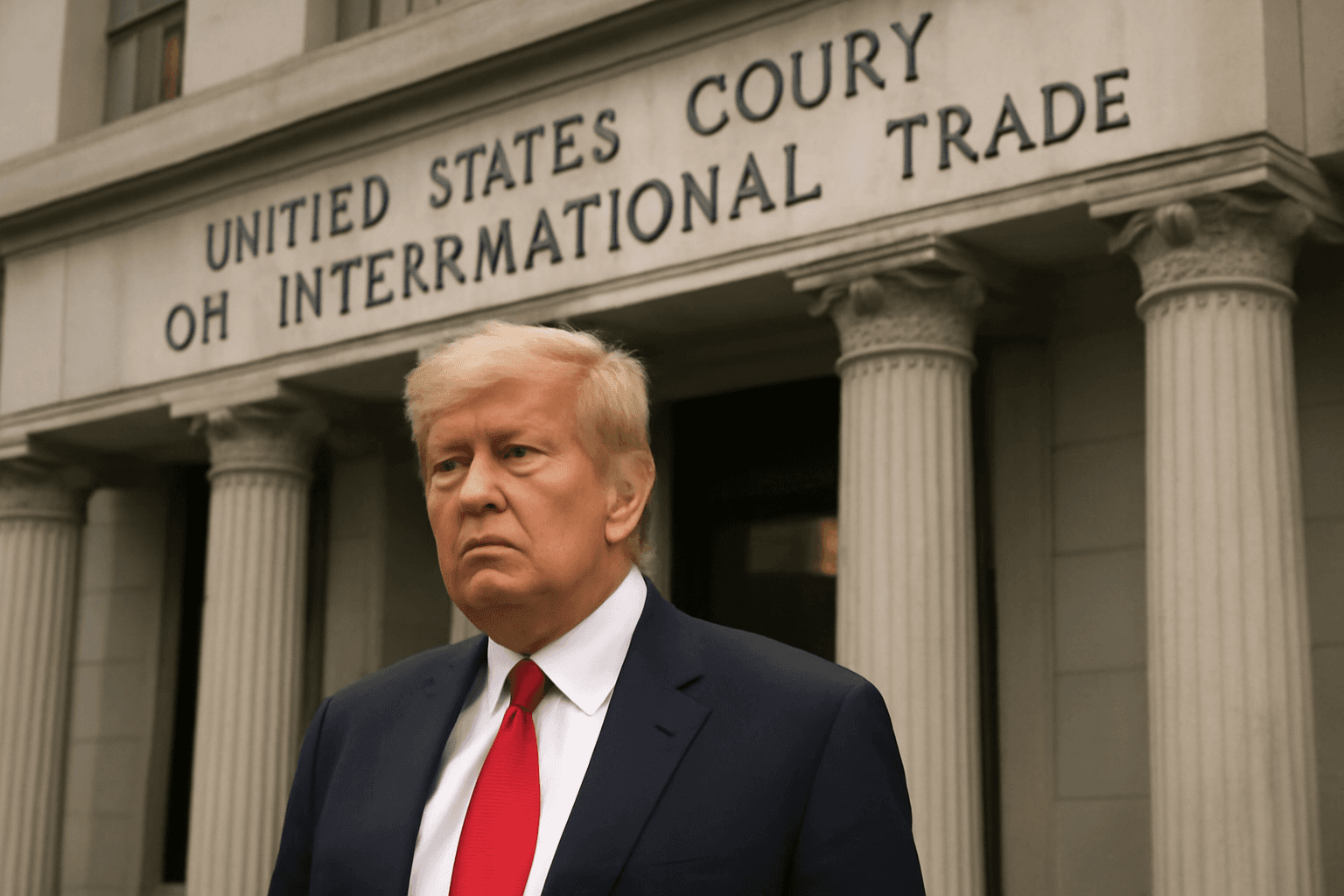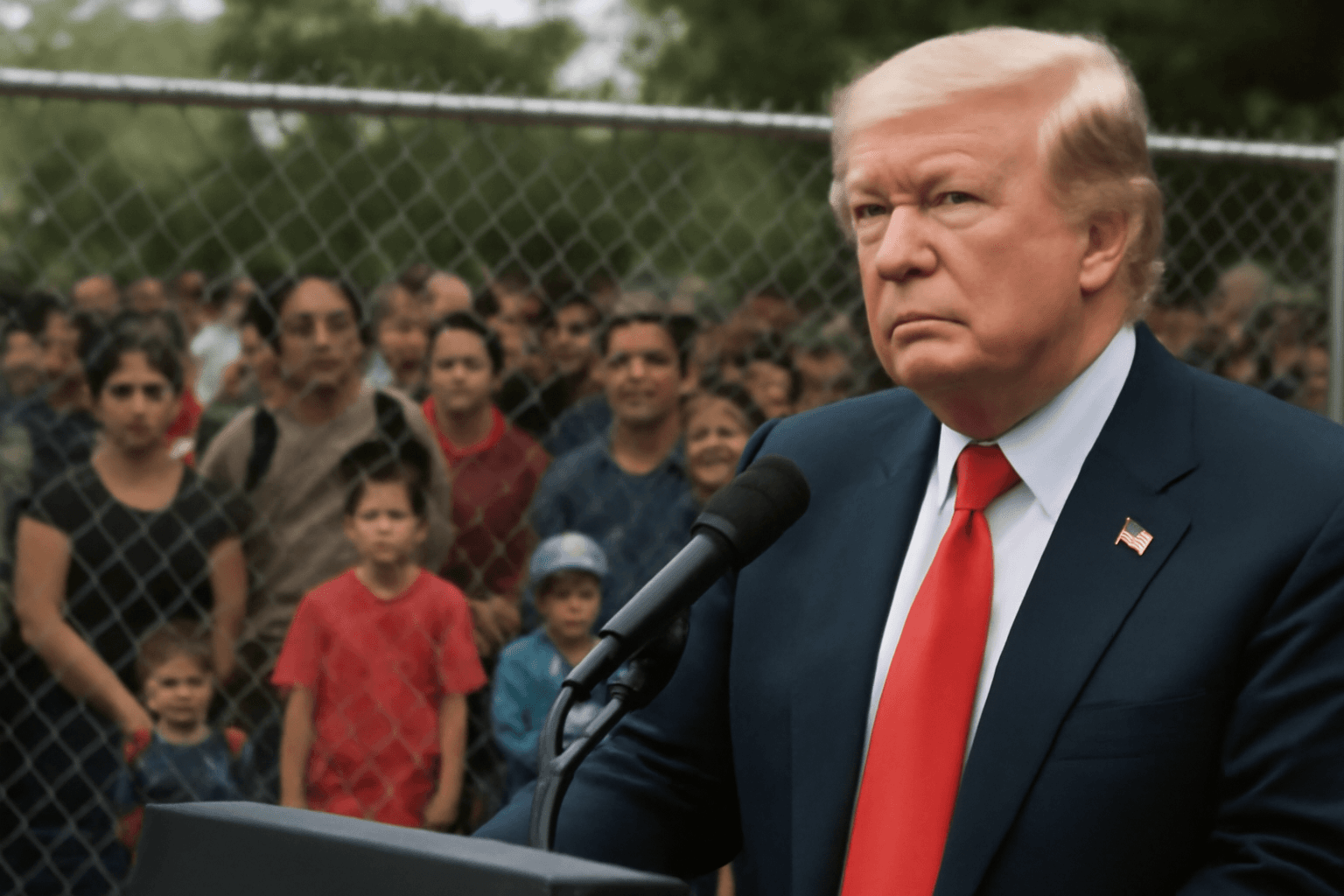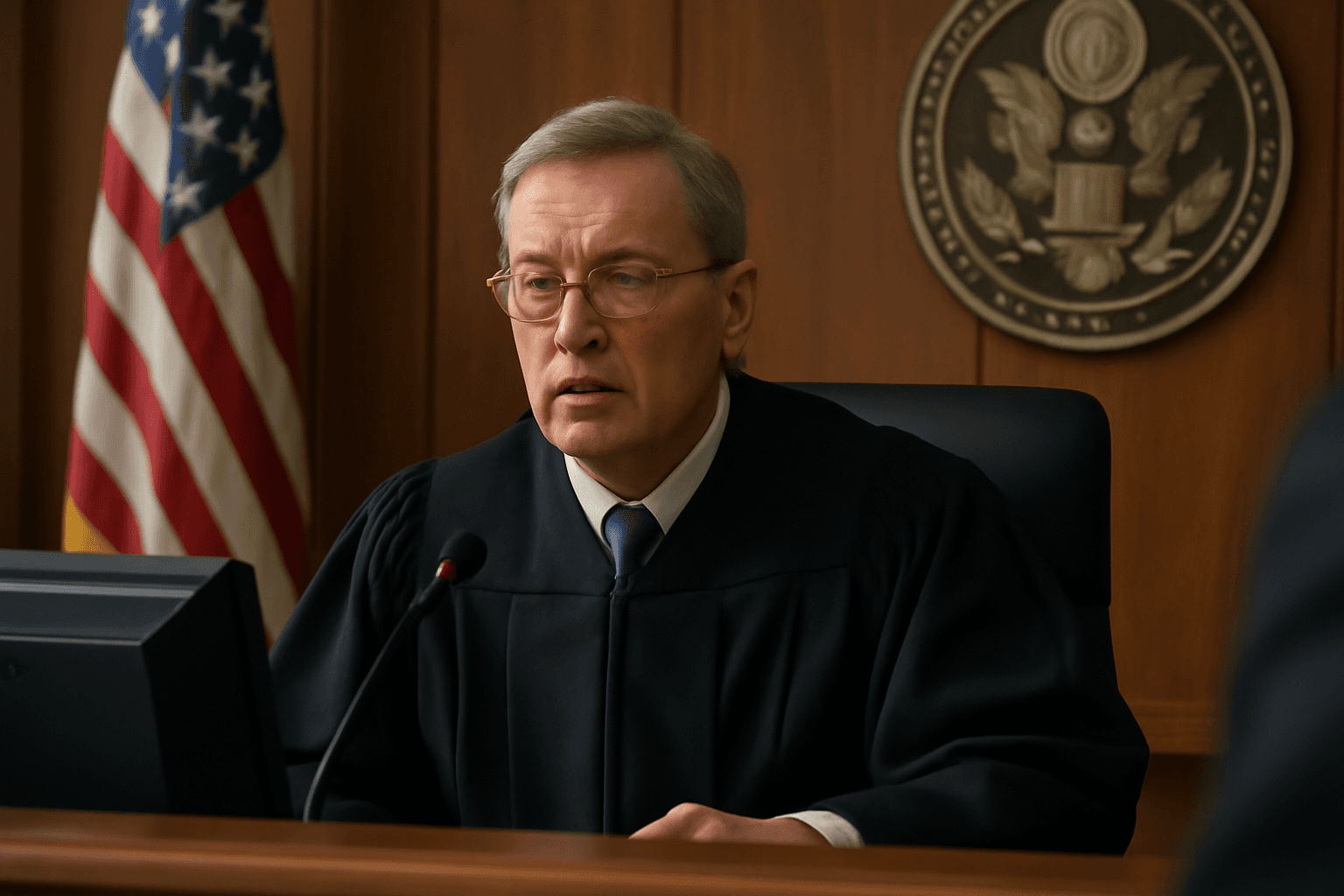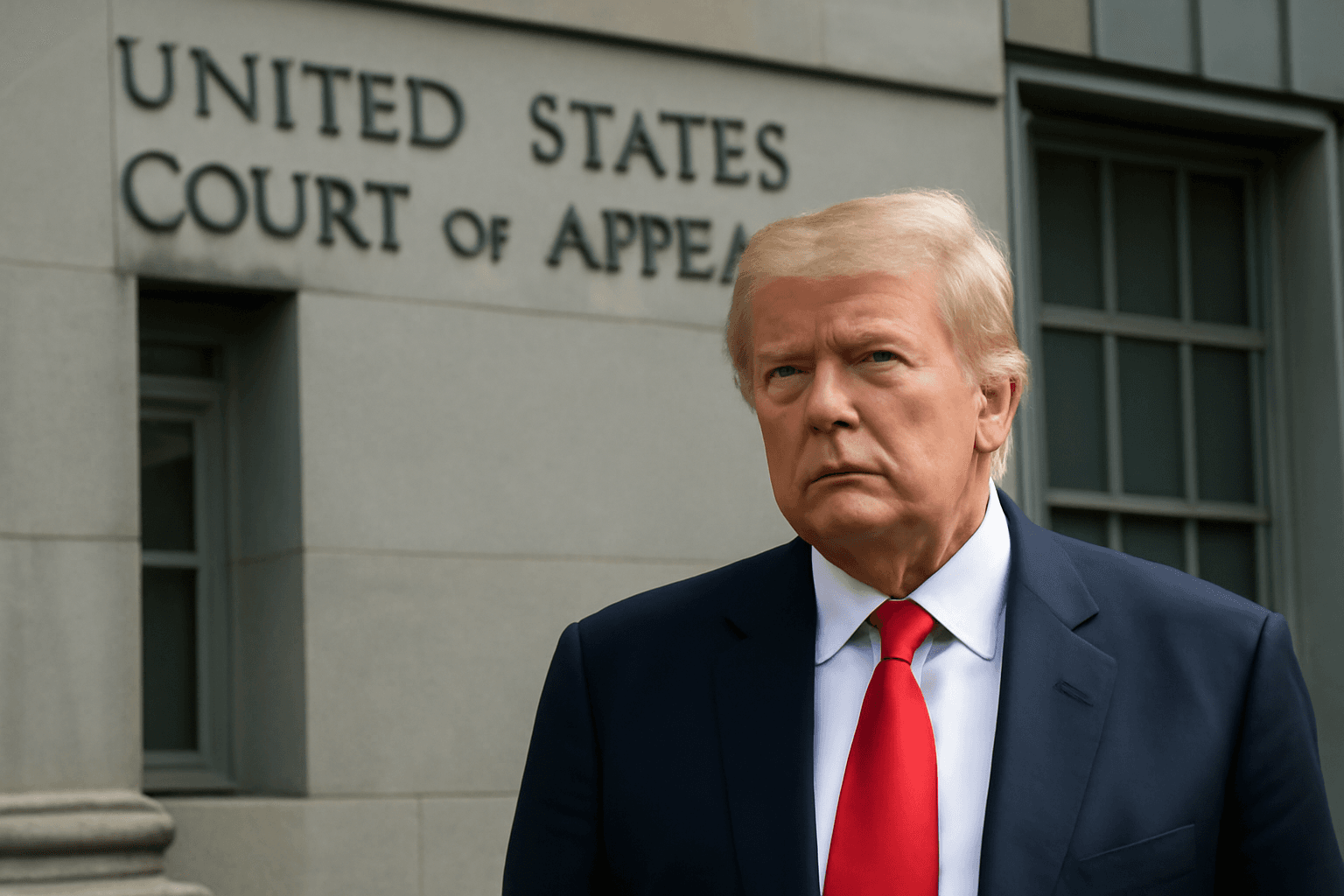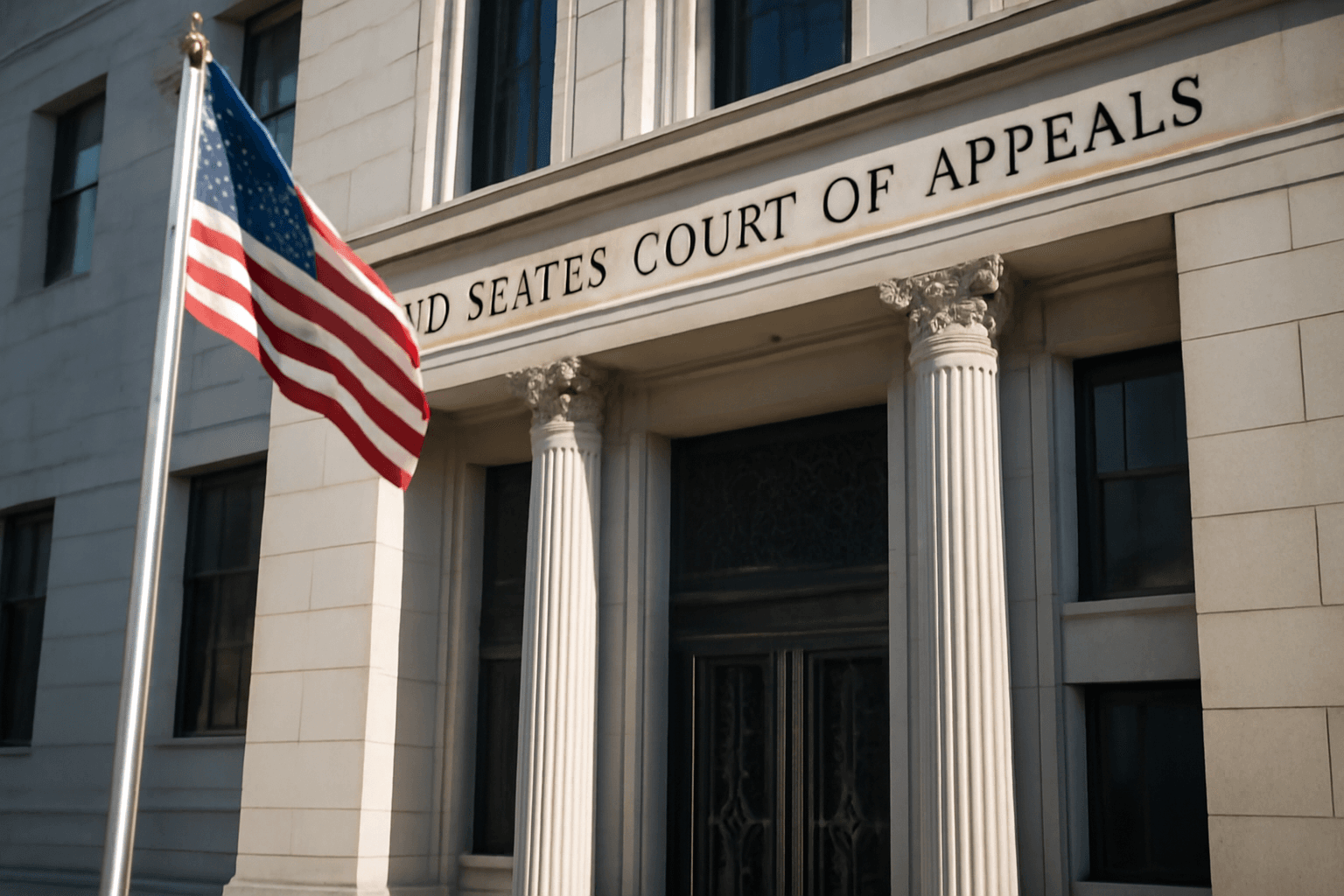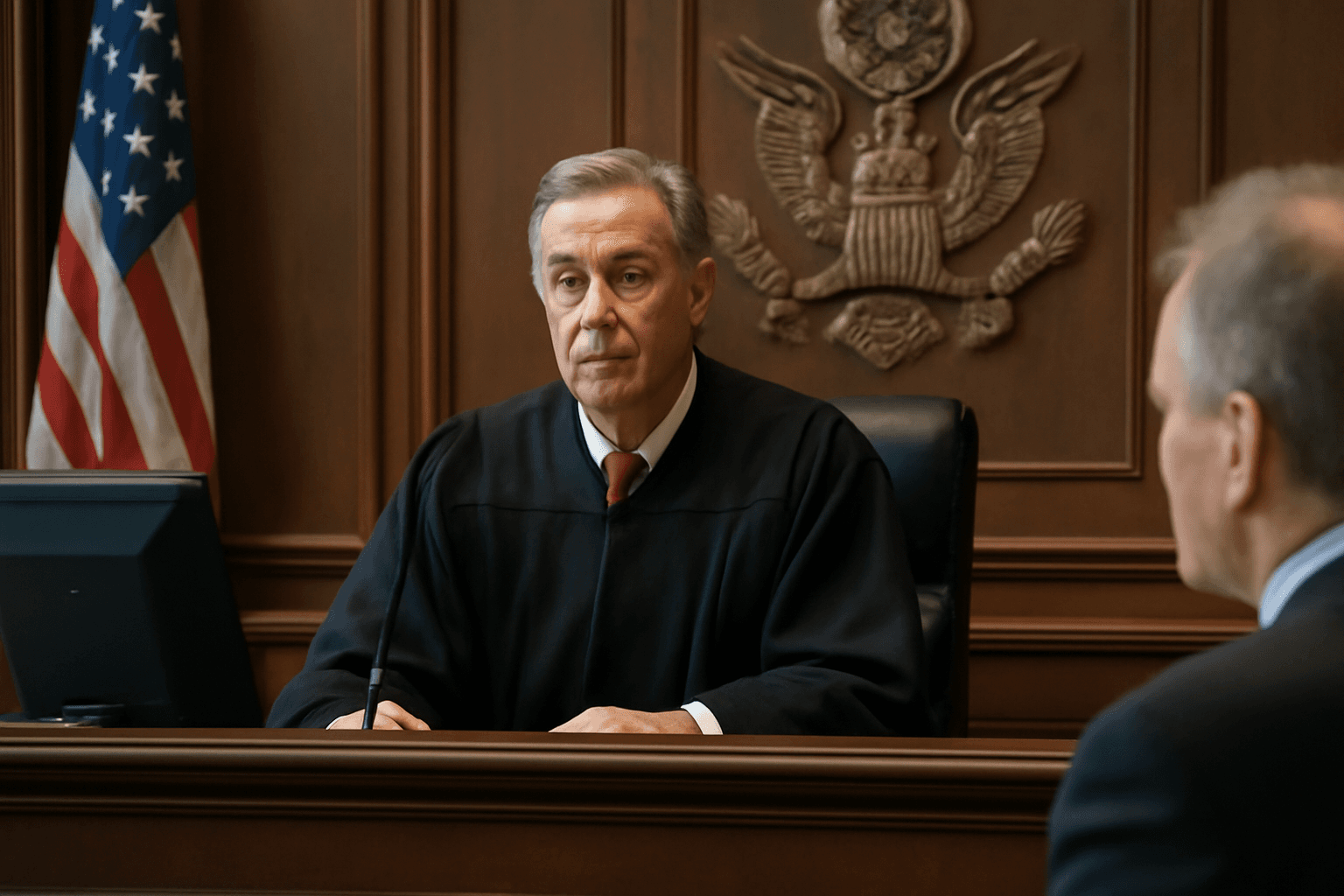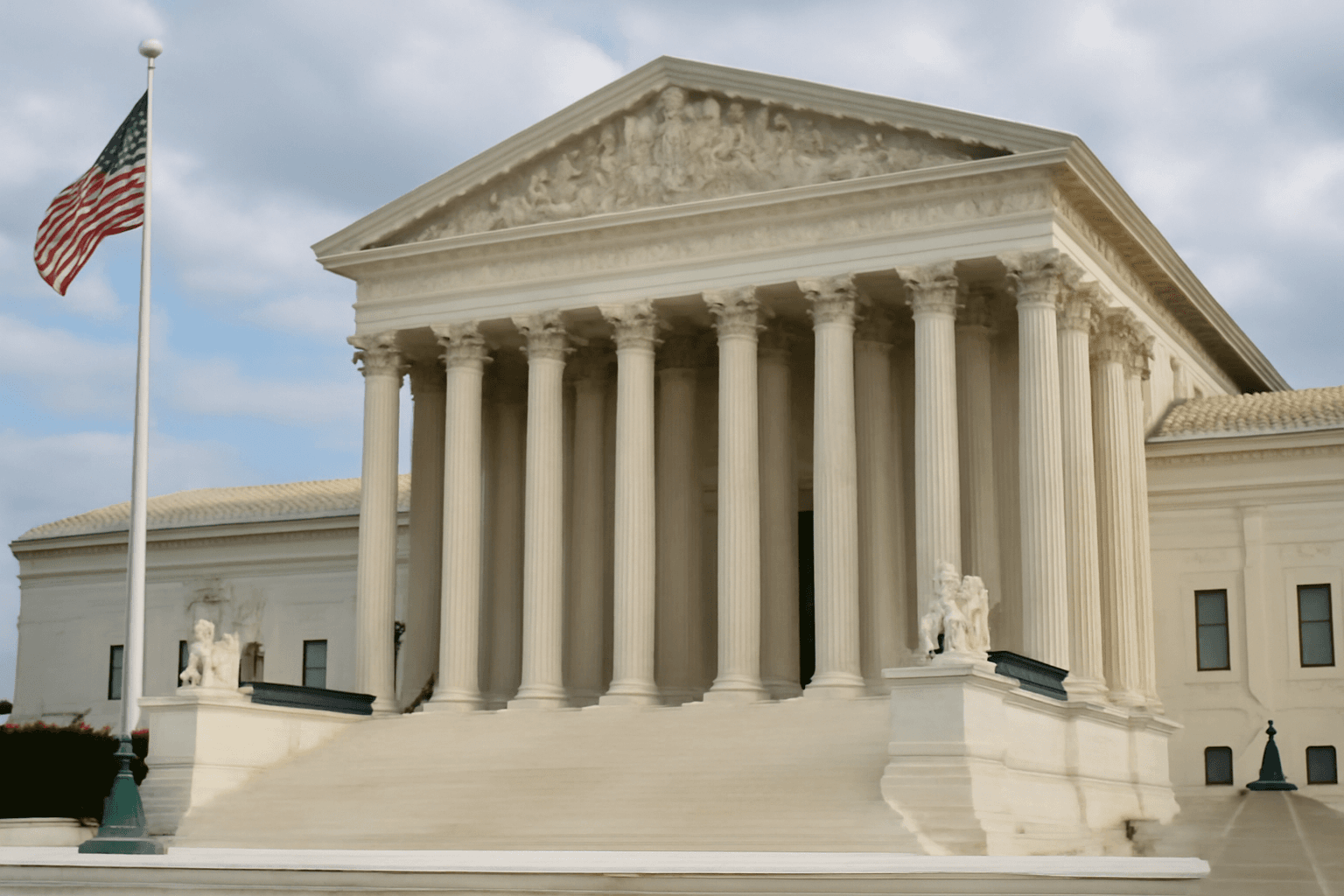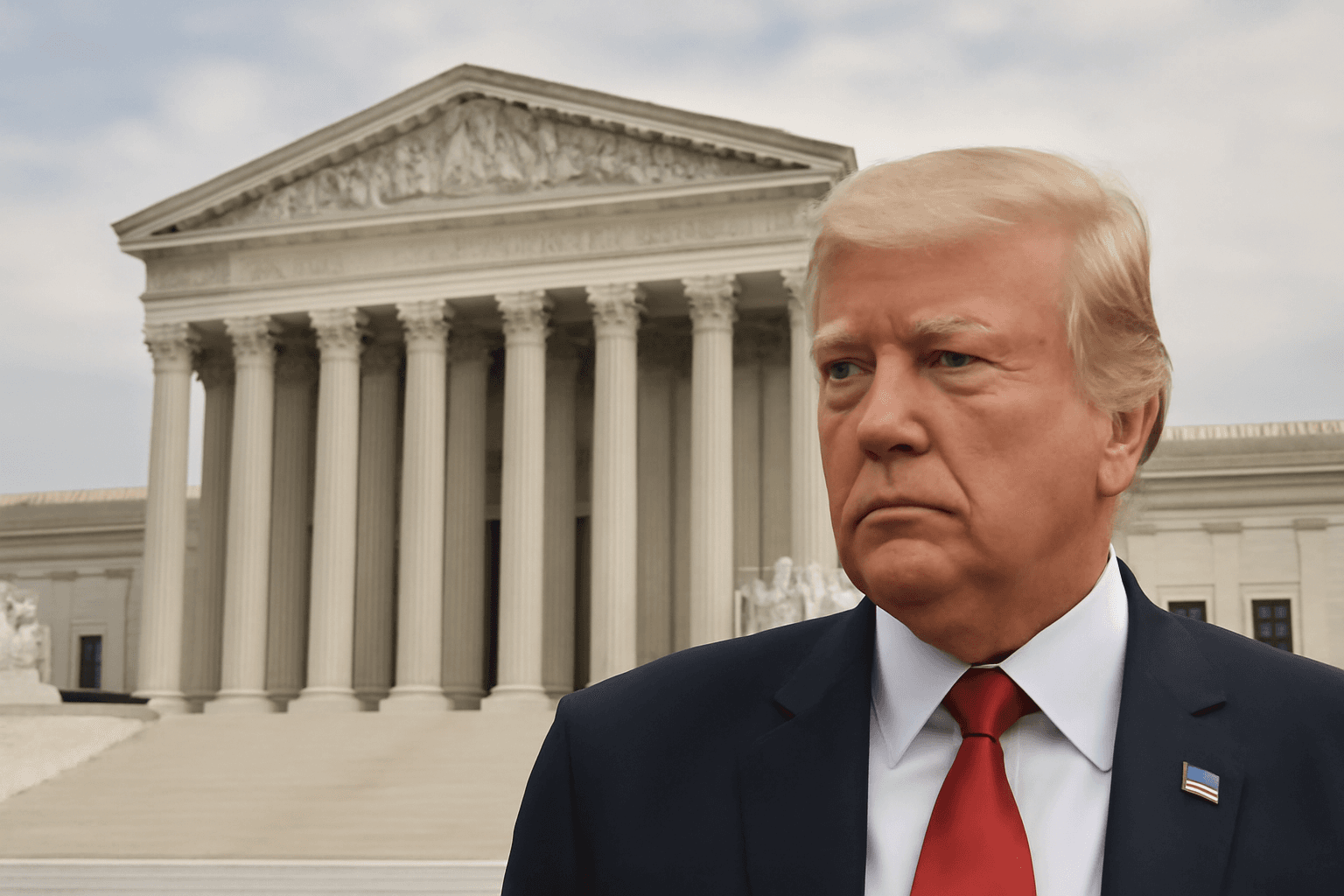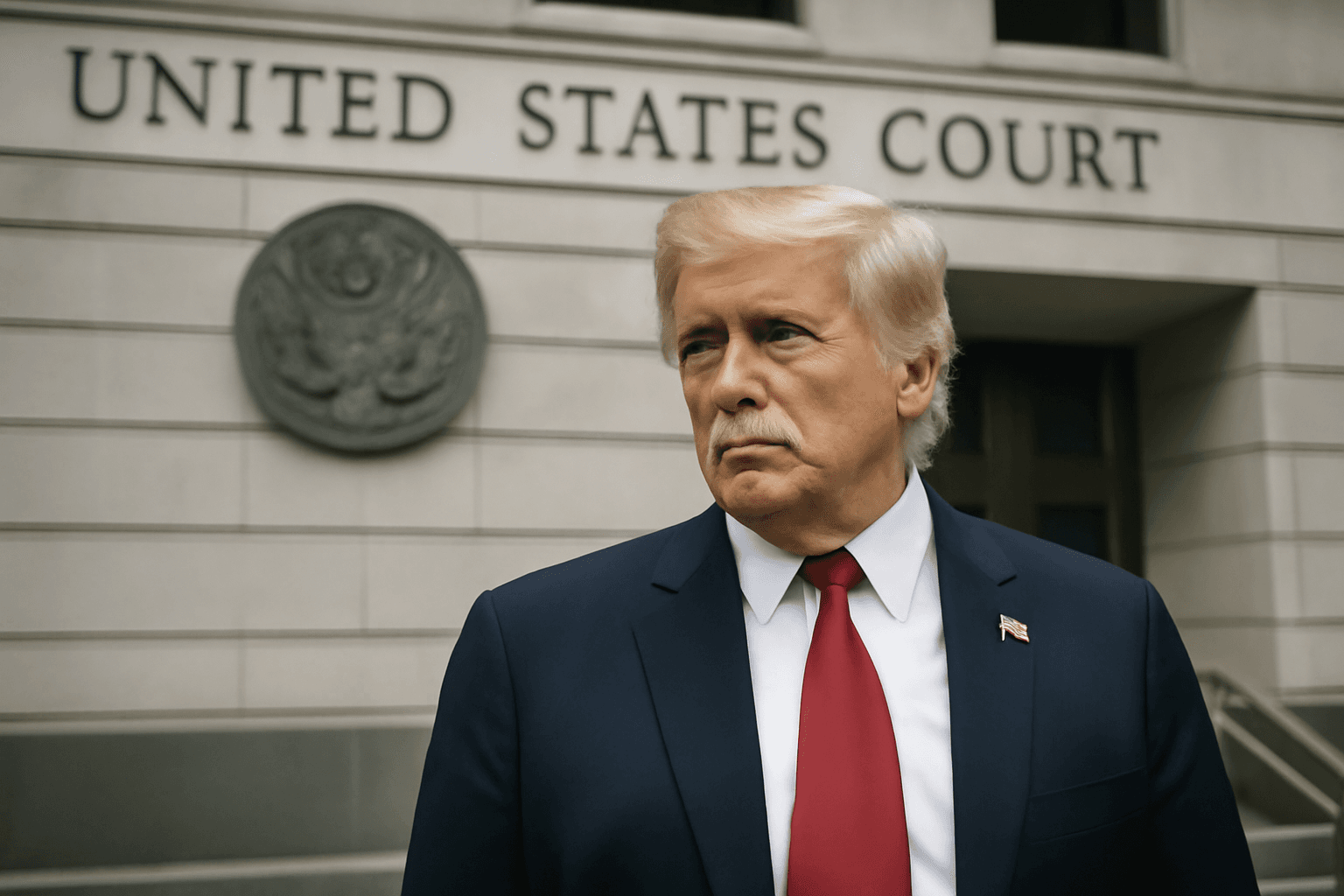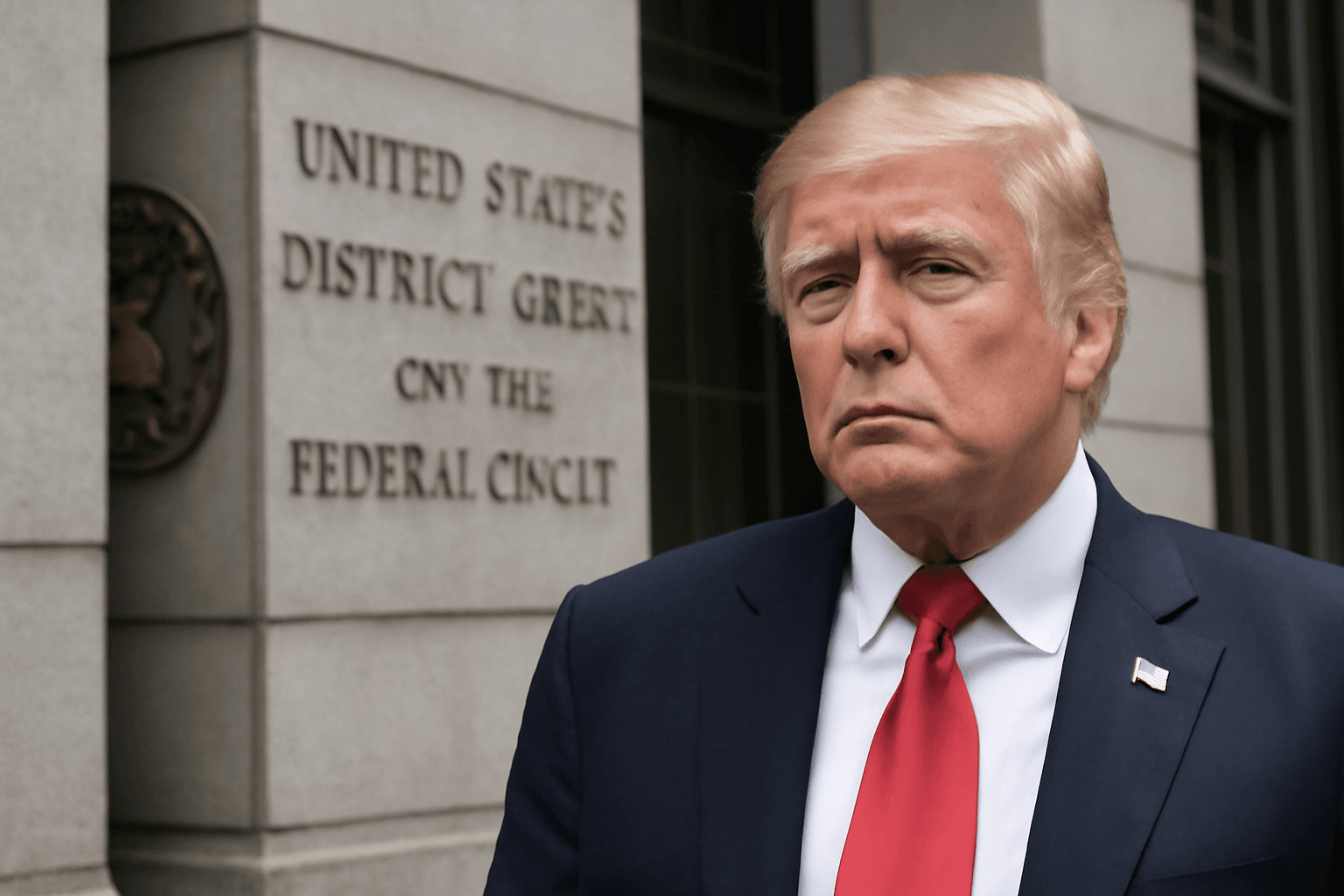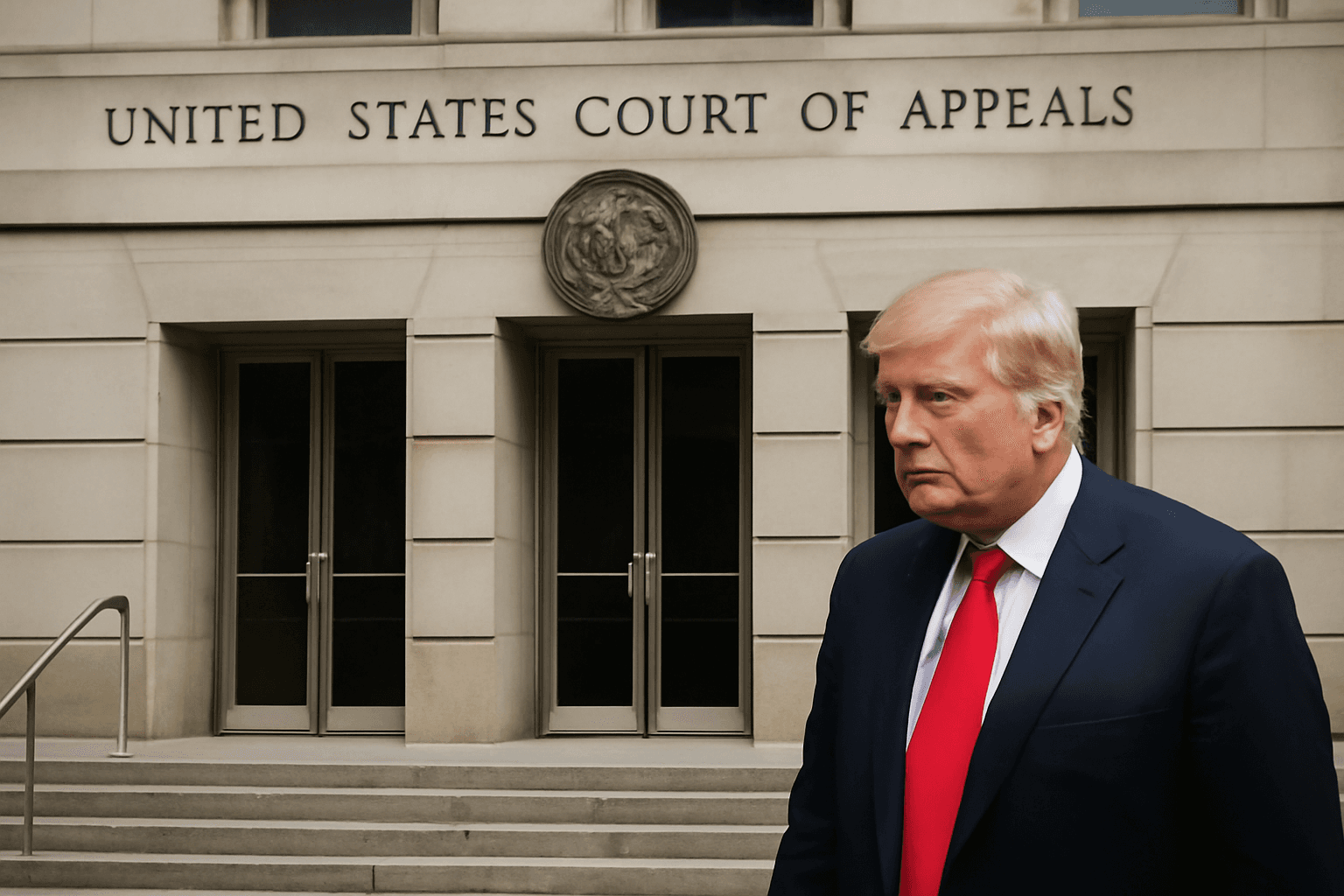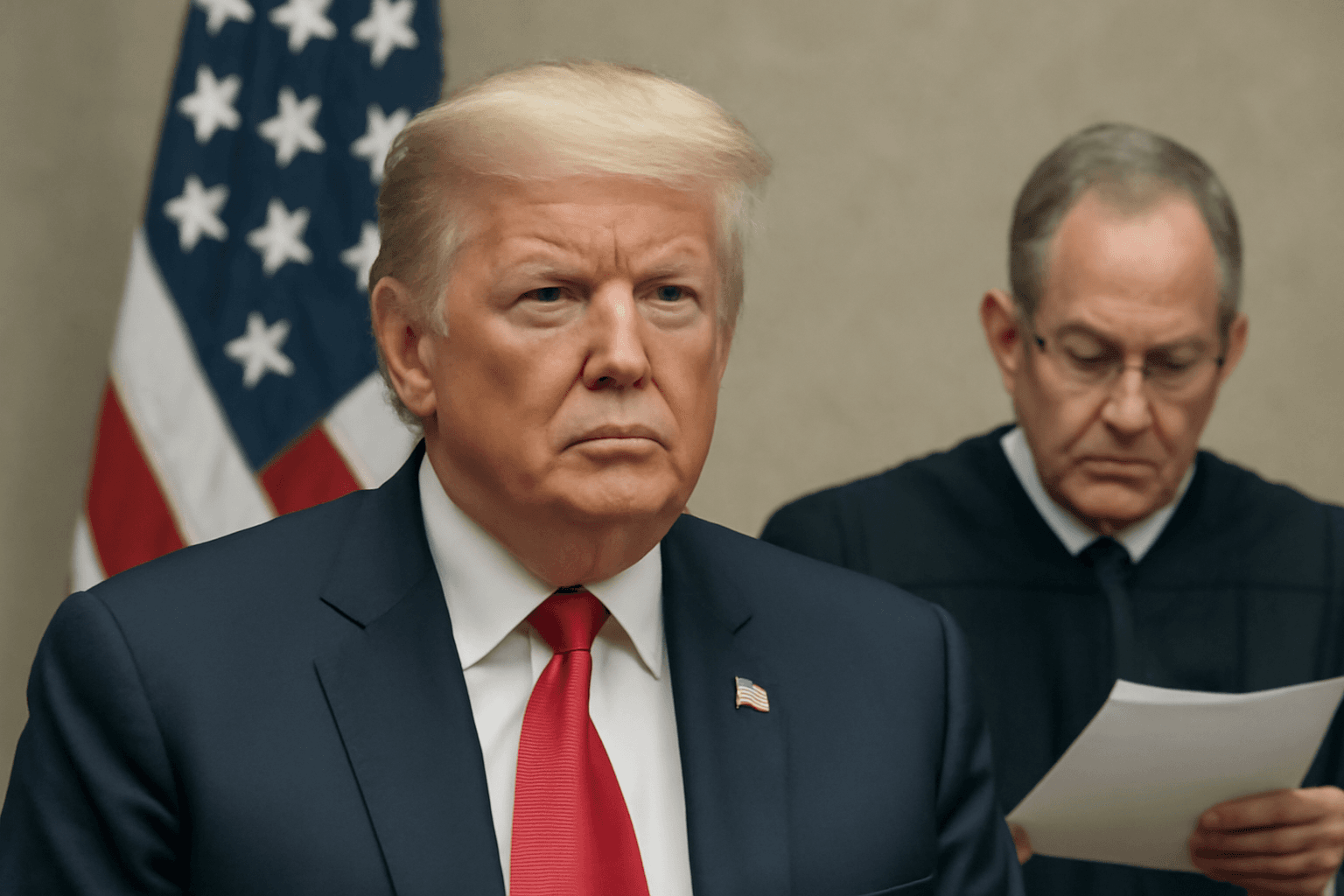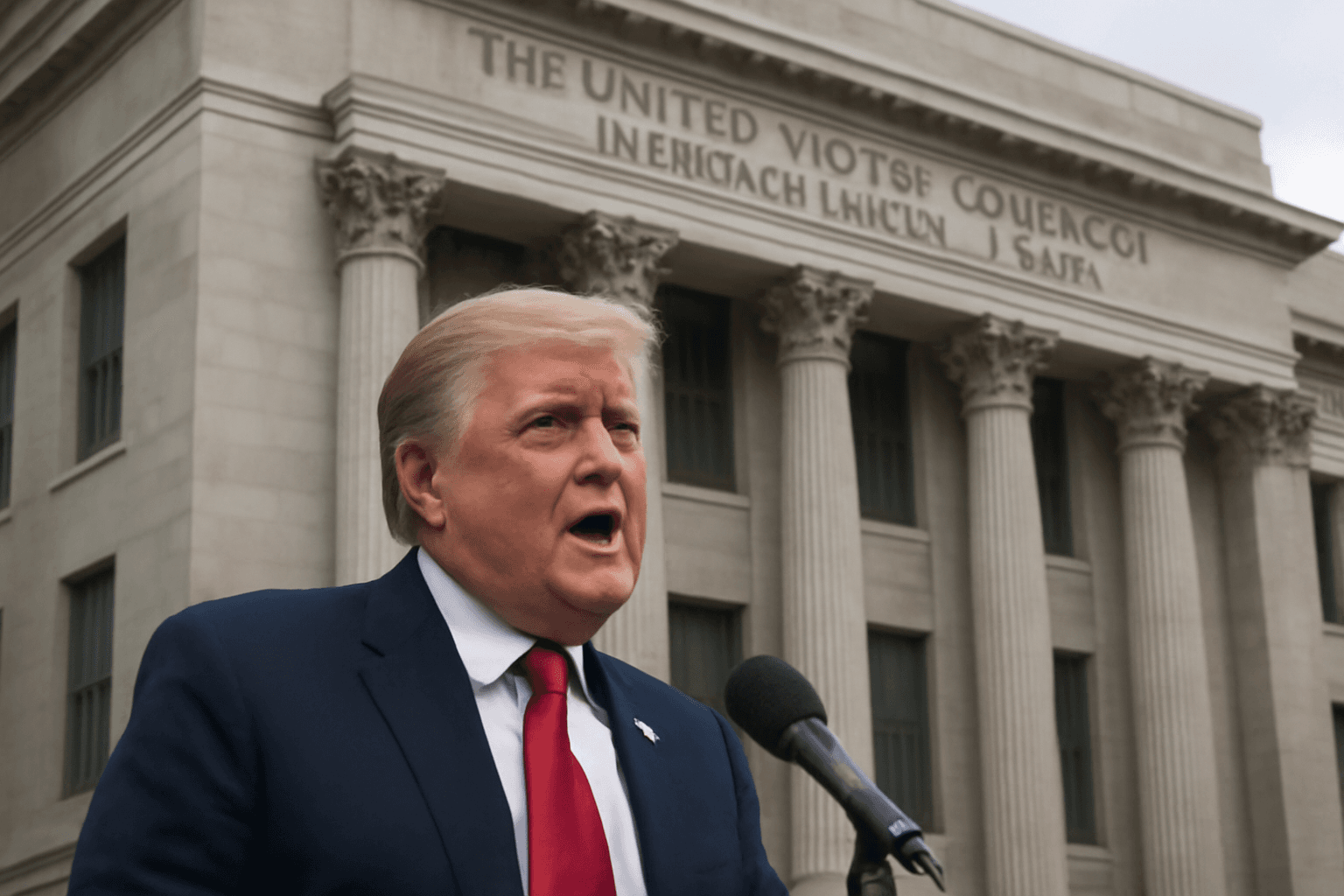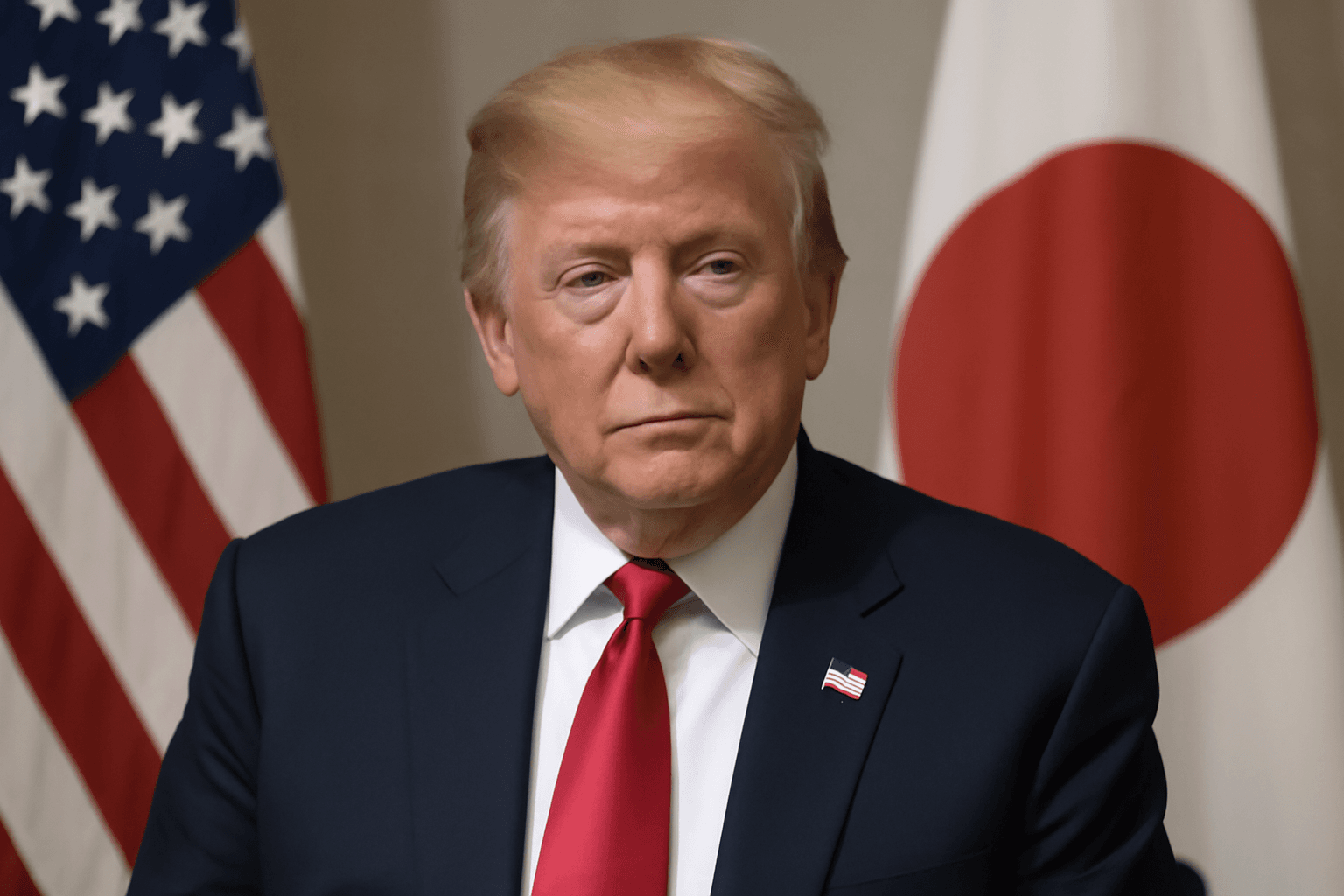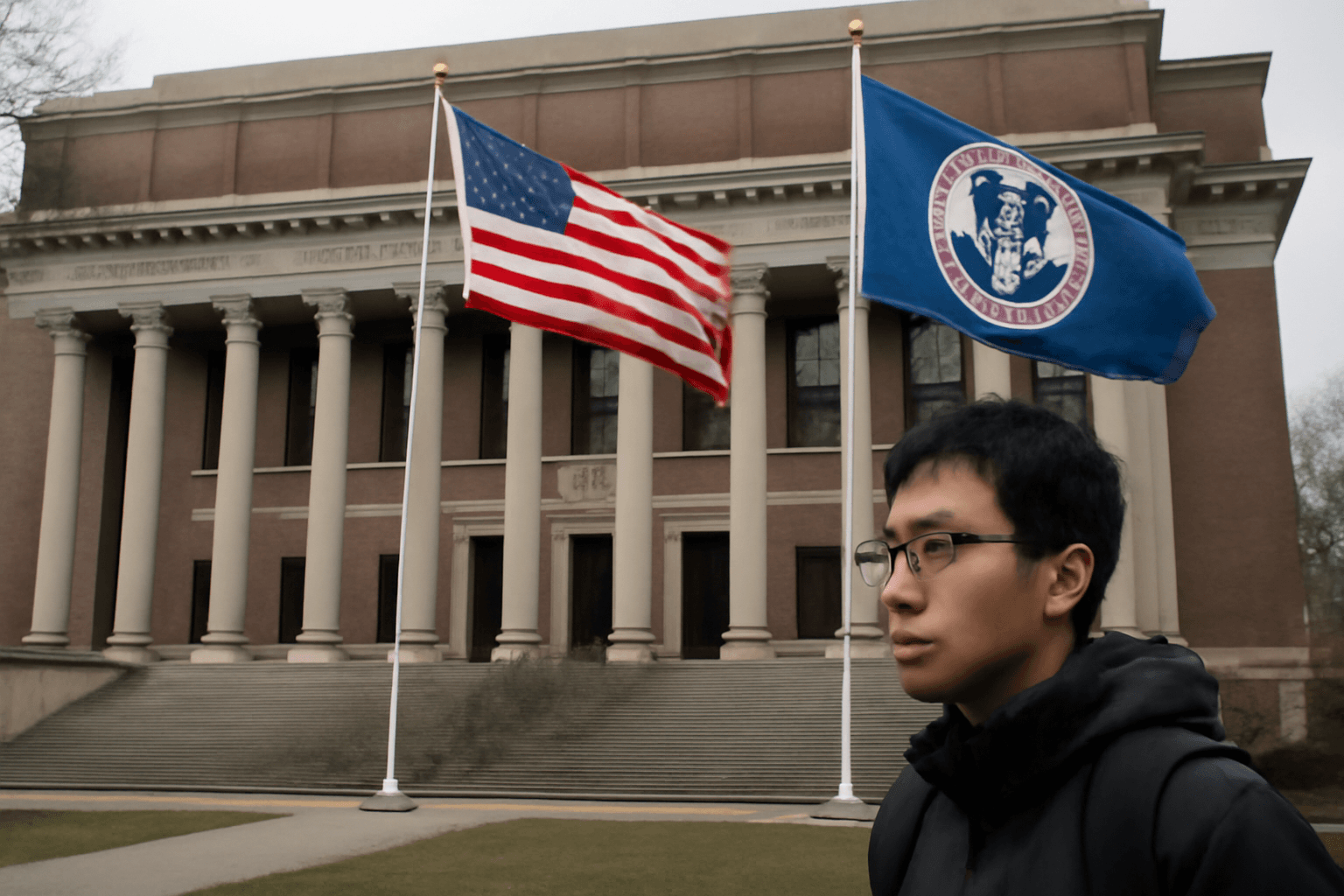An appeals court on Thursday temporarily reinstated former President Donald Trump’s tariffs imposed on April 2, pending appeal proceedings against a prior ruling that deemed the tariffs illegal. This development follows a decision by the U.S. Court of International Trade that struck down the tariffs, stating that the president exceeded his authority by implementing them under the 1977 International Emergency Economic Powers Act.
The appeals court granted an immediate administrative stay, allowing the tariffs to remain in effect while the court considers the related motions. The order stated: “The request for an immediate administrative stay is granted to the extent that the judgments and the permanent injunctions entered by the Court of International Trade in these cases are temporarily stayed until further notice while this court considers the motions papers.” If the Trump administration’s appeal fails, there is expectation that the case could be escalated to the U.S. Supreme Court.
Speaking outside the White House, Trump’s chief trade adviser Peter Navarro affirmed that the administration will vigorously contest the ruling. He said the government is prepared to pursue alternative measures if necessary and confirmed that the tariffs will remain enforced during the ongoing legal process. Meanwhile, trade negotiations with involved countries continue.
Background: US Court of International Trade’s Ruling
The U.S. Court of International Trade struck down the baseline 10% tariffs on all nations, as well as higher tariffs targeting specific countries like Mexico, Canada, and China. The court concluded that the president had overstepped his legal authority by invoking the International Emergency Economic Powers Act to justify these broad tariffs. Notably, the ruling did not address industry-specific tariffs, which are governed under different legislation.
The case was initiated by twelve U.S. states, including New York, New Mexico, Connecticut, and Arizona, along with several small businesses. These plaintiffs argued that the tariffs impose undue economic burdens on states and do not effectively target the stated concerns, such as drug cartels, which were cited by the administration as justification for tariffs on Mexico and others.
White House Response
White House Press Secretary Karoline Leavitt criticized the Court of International Trade’s decision as judicial overreach. She emphasized that the tariffs were introduced to address substantial U.S. trade deficits, which pose significant risks to national security and the economy. Leavitt maintained that the tariffs were both legally justified and a necessary, bold step long overdue to protect American interests.
As the legal proceedings continue, the administration remains determined to uphold the tariffs as a critical element of its trade policy strategy.

